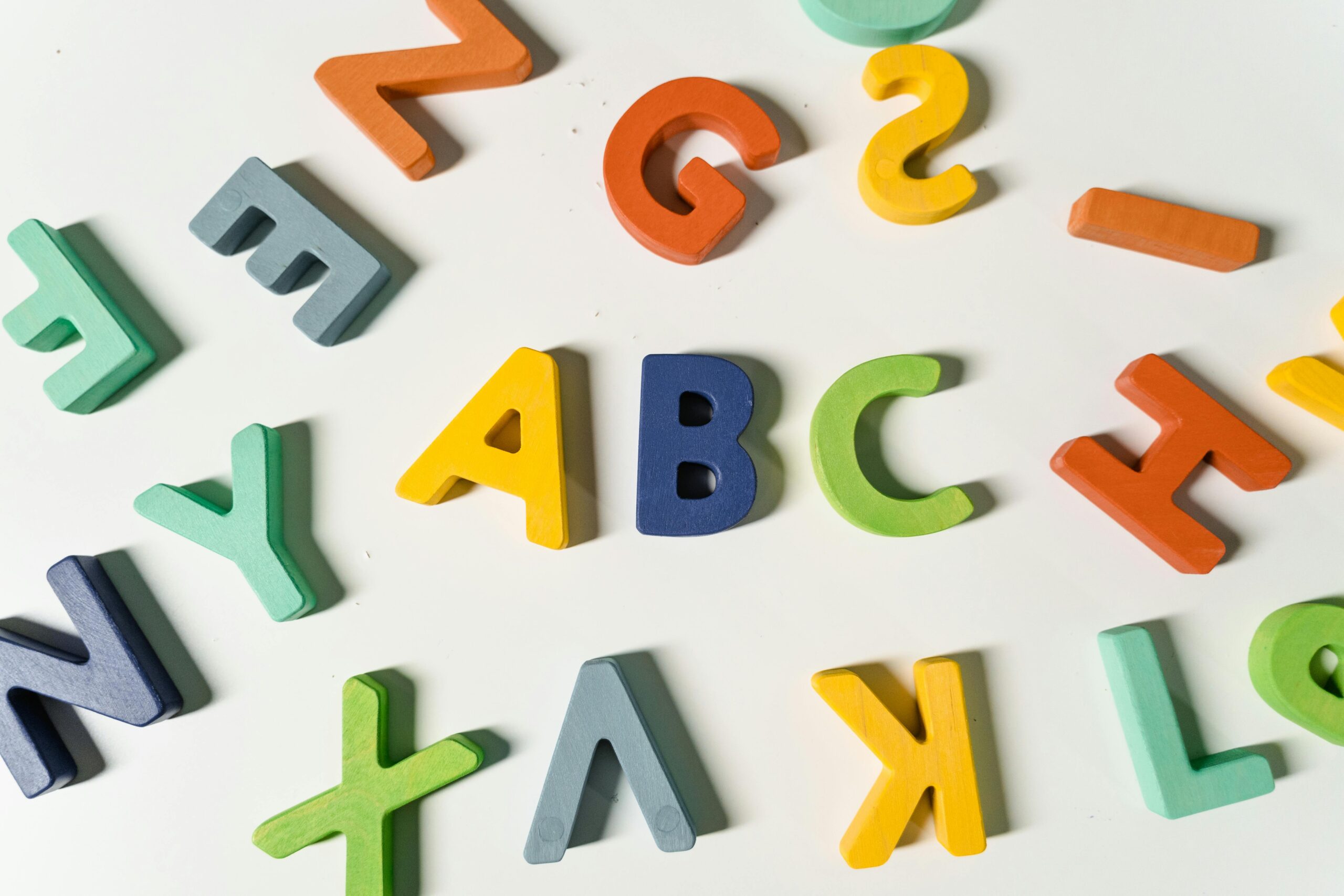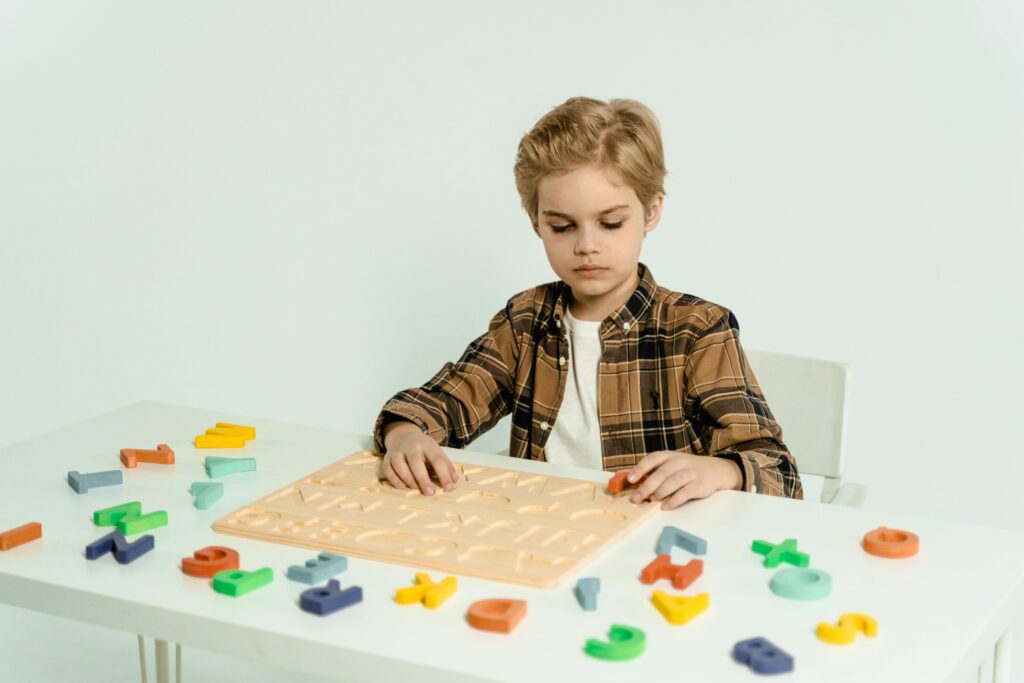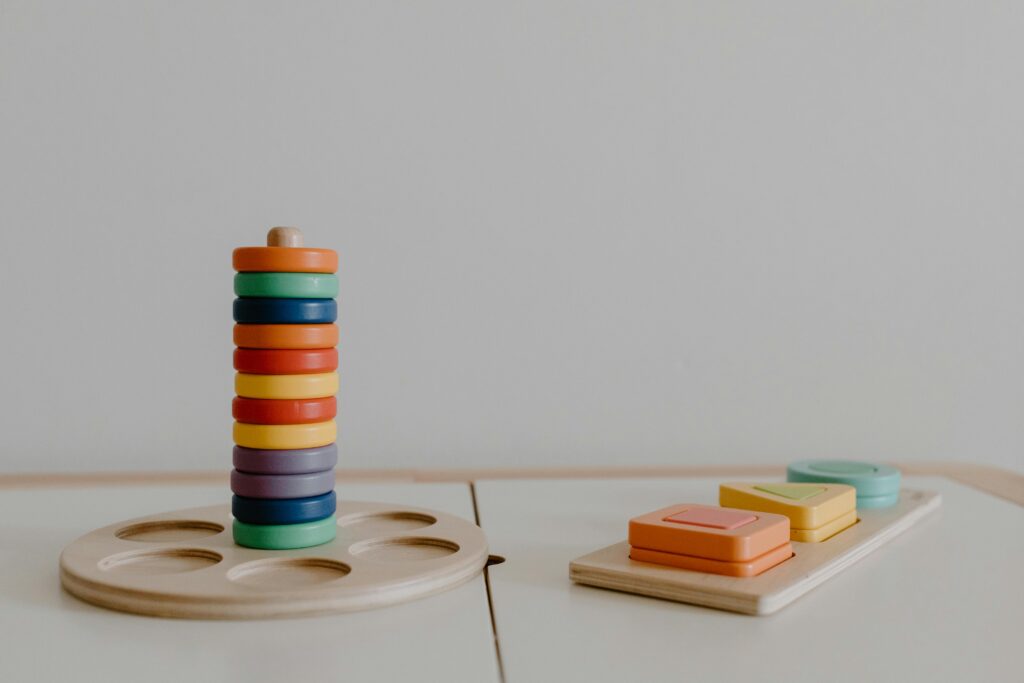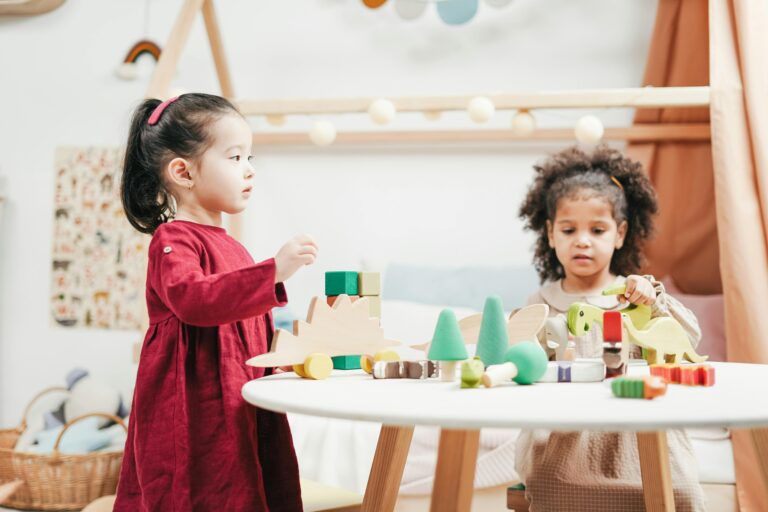Don't miss our holiday offer - up to 50% OFF!

Why Educational Toys Are Important for Your Child’s Development
The early years of a child’s life are critical for their overall development. During this period, the foundation for cognitive, emotional, social, and physical growth is established. One of the most effective ways to support and enhance this growth is through the use of educational toys. These toys are designed not only for entertainment but also to promote learning and development in various domains. This article explores why educational toys are essential for your child’s development, highlighting their numerous benefits and offering insights into how to choose the best ones.
The Role of Educational Toys in Child Development
Educational toys play a significant role in child development by providing opportunities for learning through play. They are specifically designed to stimulate a child’s mind, encouraging them to think, explore, and solve problems. Here are some key areas where educational toys make a significant impact:
1. Cognitive Development
Cognitive development involves the progression of skills such as thinking, learning, problem-solving, and memory. Educational toys such as puzzles, building blocks, and shape sorters are excellent tools for enhancing cognitive abilities. These toys encourage children to recognize patterns, understand spatial relationships, and develop logical thinking.
- Puzzles help improve memory and problem-solving skills as children figure out how to fit pieces together.
- Building blocks enhance spatial awareness and creativity as children construct various structures.
- Shape sorters teach children about shapes and sizes, helping them develop categorization and differentiation skills.
2. Motor Skills Development
Motor skills are divided into fine motor skills and gross motor skills. Educational toys play a crucial role in developing both types.
- Fine motor skills involve the use of small muscles in the hands and fingers. Toys like threading beads, stacking rings, and drawing tools help improve dexterity and hand-eye coordination.
- Gross motor skills involve larger movements using the arms, legs, and body. Ride-on toys, balls, and climbing structures encourage physical activity, enhancing muscle strength and coordination.
3. Sensory Development
Sensory development is essential for a child’s ability to process and respond to sensory information from their environment. Educational toys that stimulate the senses can significantly enhance sensory development.
- Musical toys introduce children to different sounds and rhythms, aiding auditory development.
- Textured toys provide various tactile experiences, helping children differentiate between different textures.
- Visual toys with bright colors and patterns stimulate visual perception and recognition.
4. Emotional and Social Development
Educational toys also contribute to emotional and social development by helping children understand and manage their emotions and interact with others.
- Role-playing toys, such as dolls and action figures, allow children to explore different scenarios and develop empathy by imagining themselves in others’ shoes.
- Board games and cooperative toys teach children about teamwork, sharing, and taking turns, which are crucial social skills.
- Emotion recognition toys, such as emotion flashcards, help children identify and express their feelings appropriately.
Benefits of Educational Toys
The benefits of educational toys extend beyond the immediate joy of play. They lay the groundwork for future learning and development in various ways:
1. Encouraging Curiosity and Exploration
Educational toys stimulate curiosity and encourage children to explore their environment. Toys that challenge their thinking and problem-solving abilities inspire them to ask questions and seek answers, fostering a love for learning.
2. Promoting Independent Play
Independent play is vital for developing self-reliance and problem-solving skills. Educational toys that children can play with on their own help them learn to entertain themselves, make decisions, and develop a sense of independence.
3. Enhancing Language and Communication Skills
Many educational toys are designed to improve language and communication skills. Storybooks, alphabet puzzles, and interactive talking toys expose children to new words and concepts, enhancing their vocabulary and communication abilities.
4. Boosting Confidence and Self-Esteem
Successfully completing a puzzle or building a tower with blocks gives children a sense of accomplishment, boosting their confidence and self-esteem. Educational toys provide opportunities for children to set goals and achieve them, fostering a positive self-image.
5. Supporting School Readiness
Educational toys that focus on basic literacy and numeracy skills help prepare children for school. Toys that teach counting, letter recognition, and basic math concepts give children a head start in their educational journey.
How to Choose the Best Educational Toys
Choosing the right educational toys for your child can be overwhelming given the vast array of options available. Here are some tips to help you make informed choices:
1. Consider Your Child’s Age and Developmental Stage
Educational toys should be age-appropriate and match your child’s developmental stage. Toys that are too advanced may frustrate your child, while those that are too simple may not provide enough challenge.
2. Look for Toys that Promote Multiple Skills
The best educational toys are versatile and promote multiple areas of development. For example, building blocks can enhance cognitive, motor, and creative skills simultaneously.
3. Choose Toys that Encourage Active Engagement
Toys that require active participation and problem-solving are more beneficial than passive toys. Look for toys that engage your child’s mind and encourage them to think critically and creatively.
4. Opt for Quality and Safety
Ensure that the toys are made from high-quality, non-toxic materials and meet safety standards. Durable toys that can withstand rough play are also a good investment.
5. Incorporate a Variety of Toys
Providing a variety of educational toys keeps playtime interesting and stimulating. Incorporate different types of toys that focus on various skills, such as puzzles, construction sets, art supplies, and interactive games.
Conclusion
Educational toys are an invaluable resource for fostering child development. They provide more than just entertainment; they create opportunities for learning and growth in cognitive, motor, sensory, emotional, and social domains. By carefully selecting age-appropriate and engaging toys, parents can support their children’s developmental journey and lay a strong foundation for lifelong learning. Investing in educational toys is investing in your child’s future, ensuring they develop the necessary skills to thrive in all aspects of life.
You can read also:






[…] Why Educational Toys Are Important for Your Child’s Development […]
[…] Why Educational Toys Are Important for Your Child’s Development […]